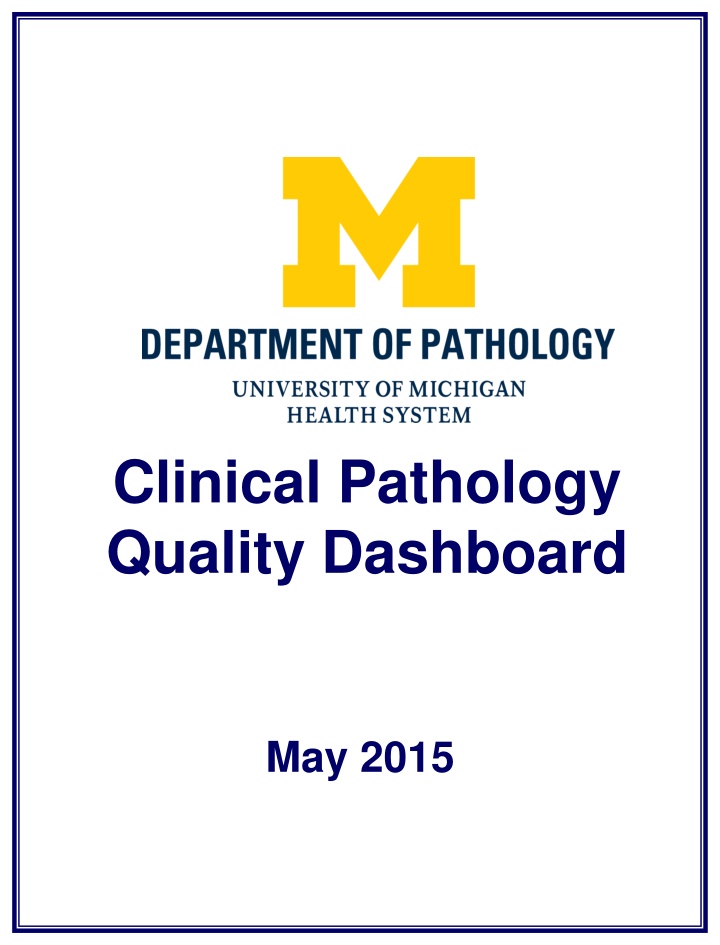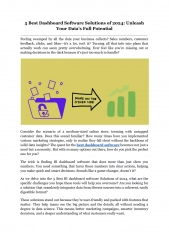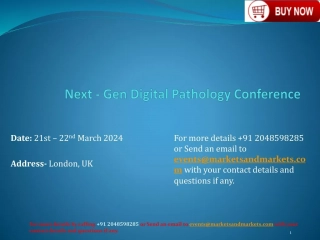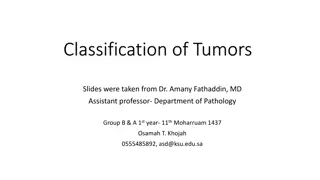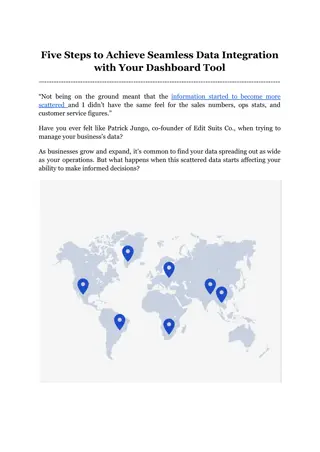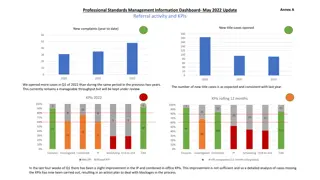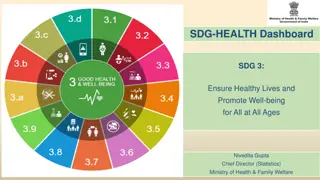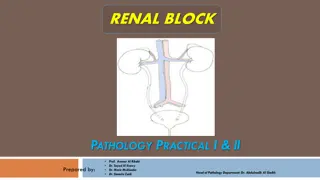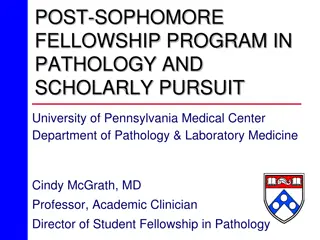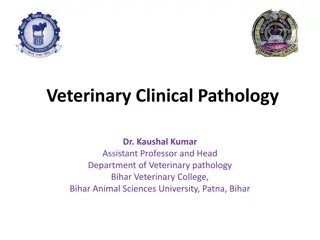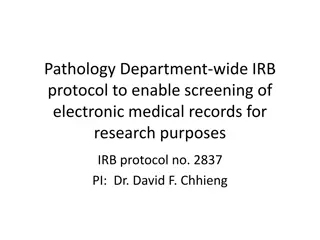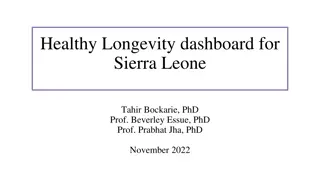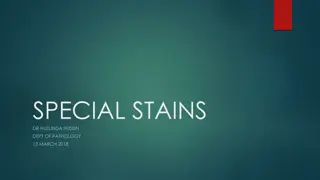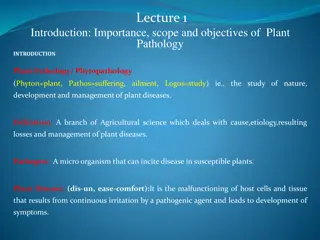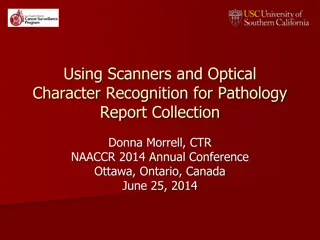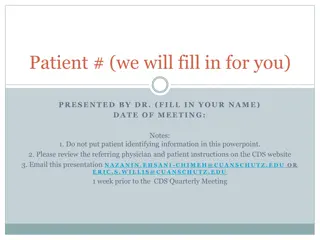Clinical Pathology Quality Dashboard - May 2015 Update
The Clinical Pathology Quality Dashboard for May 2015 reflects important updates on patient care quality, blood drives, and histocompatibility specimen kits. Insights include blood drive collection goals, reasons for kit resentments, impact of unacceptable specimens, and ongoing quality improvement efforts to reduce errors in patient results processing.
Download Presentation

Please find below an Image/Link to download the presentation.
The content on the website is provided AS IS for your information and personal use only. It may not be sold, licensed, or shared on other websites without obtaining consent from the author.If you encounter any issues during the download, it is possible that the publisher has removed the file from their server.
You are allowed to download the files provided on this website for personal or commercial use, subject to the condition that they are used lawfully. All files are the property of their respective owners.
The content on the website is provided AS IS for your information and personal use only. It may not be sold, licensed, or shared on other websites without obtaining consent from the author.
E N D
Presentation Transcript
Clinical Pathology Quality Dashboard May 2015
Clinical Pathology Patient Care Quality Pathology-Blood Drive The first of the year collected only 44% of our goal (46 collected/goal 104). Shortened hours due to carpets being laid and winter weather contributed to the low number of collections. Based on collections through April, we are now at 91% of our goal (336 collections/goal of 366). At the most recent drive the Red Cross was set up and ready to start hour before the start time leading to an improved donor flow. Blood drives are typically held monthly and can range from 1-2 days. There are numerous other drives held throughout the University of Michigan campus. We will continue to market our donation dates and times. Donors can find upcoming drives by going to www.redcrossblood.org and searching under the Sponsor Code=goblue .
Clinical Pathology Patient Care Quality Histocompatibility Histocompatibility Specimen Kits Resent by Reason by Quarter 2015 60 Address Chg 50 Not Rec'd 40 Hemolysis 30 20 10 0 Description of Problem: Additional kits need to be sent to patients so that specimens can be submitted for testing. Other less common cause was the kit not being received for an unknown reasons and an address change. escription of Solution: The US Postal Service is now being used for shipping. UPS is less expensive than Fed Ex, thus UPS is being investigated as the shipper for the return of kits. Other facilities have used UPS and have found that the specimens do not have such a high hemolysis rate. Impact of Problem: While this is small percentage 48 of 2400 kits (2%) send initially, if patients do not have a current specimen, the patient will be removed from the transplant list and may miss an opportunity for a transplant. Reporter of Problem: Histocompatibility and Transplant Coordinators Evaluation Plan: Data will be collected after the intervention to determine if the number of resent kits has been reduced. Description of Investigation: Determined the cause of a kit needing to be resent. The display indicates that the overwhelming cause was gross hemolysis. This caused the specimen to be rejected and a new kit sent.
Description of Monitor: Unacceptable specimens received by reason Impact of Problem: Patient results are delayed in getting to the patient s chart because a redraw is needed. Reported by: Pathology and clinical staff reports Goal: Reduce the specimens not able to be tested by 10% Status: ID/Specimen mismatches continue to be the source of the greatest number of errors. Hemolyzed specimens are the second most common errors.
Monthly CP QA Highlight All Labs Description of Monitor: Unacceptable specimens received Impact of Problem: Patient results are delayed in getting to the patient s chart because a redraw is needed. Reported by: Pathology and clinical staff reports Goal: Reduce the specimens not able to be tested by 10% Status: The number of unusable specimen from the Emergency Department decreased from 73 in March to 41 in April. Unacceptbale specimens from 9VVWH increased from 33 in March to 52 in April.
Monthly CP QA Highlight All Labs Description of Problem: The wrong patient barcode is scanned or MRN is manually entered by patient care staff when using the glucose meter. Impact of Problem: Patient results are delayed in getting to the patient s chart. Repeat testing performed wasting reagents. Reported by: POC testing staff/nursing Goal: Reduce the number of wristband barcode reading errors. Description of Solution: Competency assessment and training occurred during nursing blitz. How Do We Know It Worked: Decrease in reported errors has stabilized at 150 per month. Our new goal is to reduce the number to below 100 per month. Areas for continued improvement and monitoring: Additional interventions may be necessary to reduce the number of errors.
Clinical Pathology-Current Projects **This is a highlight of projects ongoing in the CP labs. This list is not meant to be all inclusive of every activity occurring in the department. Project Brief Description Owner Cancelled Tests- No specimen Received Determine the root cause(s) of tests being ordered but the associated specimen not arriving in the Clinical Laboratory Kristina Martin, Suzanne Butch Lost Specimen Swat Team Standardize process for investigation of lost specimens . Brian Tolle, Kristina Martin, Chris Rigney, John Perrin, Suzanne Butch Customer Service/Call Center Address multiple issues related to providing an appropriate level of customer service for UMHS care providers. Dr. Newton ER Specimen Issues In coordination with the Emergency Department reduce the number of RMPRO specimen errors (e.g. hemolysis, mislabels etc.) S. Butch/K. Martin/T. Morrow Pathology Handbook Maintain and update the Pathology handbook to be a robust resource for our customers. K. Davis/K. Martin/J. Sica NCRC Planning Begin work to plan for the future state of the non-STAT Clinical Labs move to NCRC PRR Committee Lab Ready Labels Installation of lab label printers in the ED & Ambulatory Care clinics. K. Davis/K. Martin
Clinical Laboratory News, Notes, and Kudos ----------------------------------------------------------------------------------- News We had a successful CAP inspection April 11 and 12, 2015, but a team from Toronto. The Pathology Replacement and Renovation project was approved by the Regents. Kudos Current Topics in Blood Banking Seminar was presented on Saturday May 9th, 2015 in the Danto Auditorium. Staff presenting lectures: Kelley Anderson, MLS(ASCPSBB Sr. Clinical Technologist Suzanne Butch, MA, MLS(ASCP)CM, DLMCM Pathology Quality Assurance Pamela Cornwell, MT(ASCP) Clinical Laboratory Scientist II Theresa Downs, MT(ASCP)SBB, CQA(ASQ) Supervisor, Blood Bank & Transfusion Service Sheri L. Hugan, MLS(ASCP)CM, SBBCM Coordinator, AABB Accredited Immunohematology Reference Laboratory Carrie L. Kitko MD Assistant Professor, Pediatrics Sean Li, MD Transfusion Medicine Fellow Jeffrey L. Myers, MD James French Professor of Pathology Director, Divisions of Anatomic Pathology and MLabs Director, Pulmonary Pathology Fellowship Cosmas J. Van De Ven, MD Professor, Obstetrics & Gynecology
